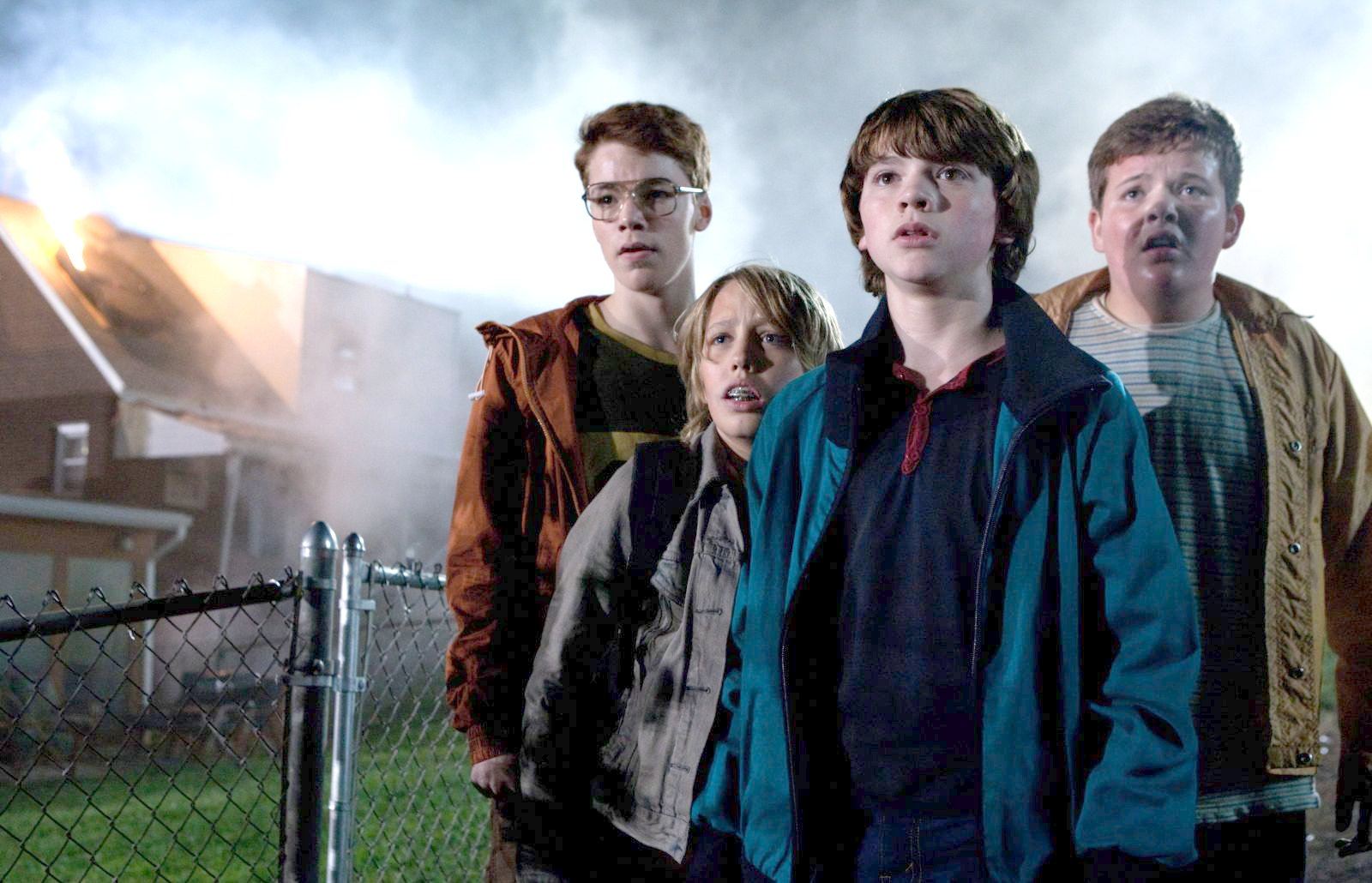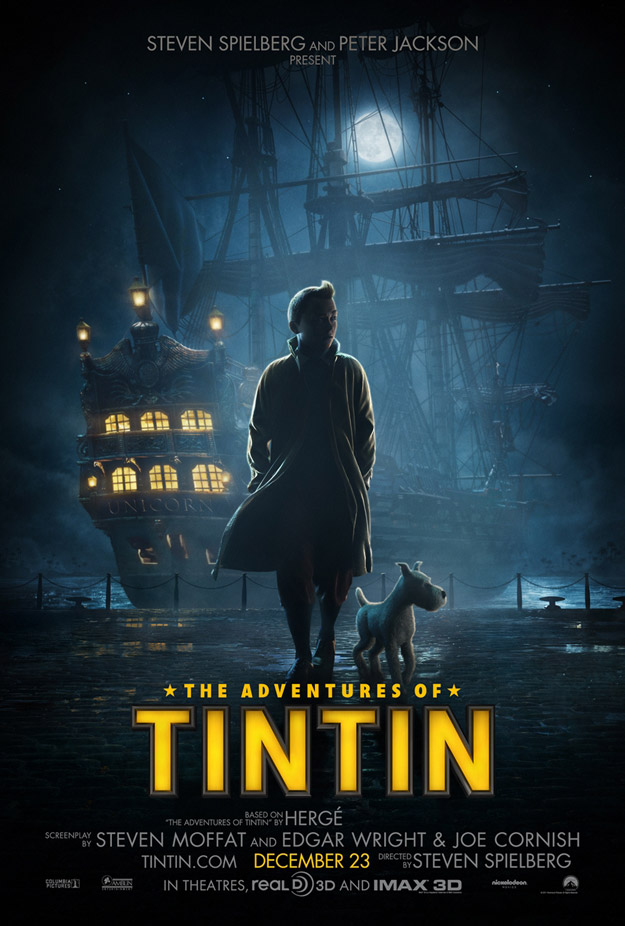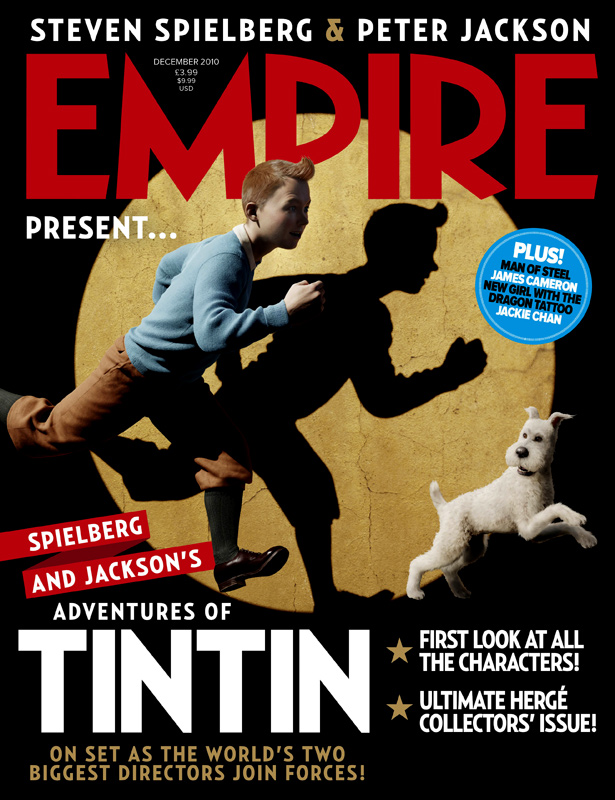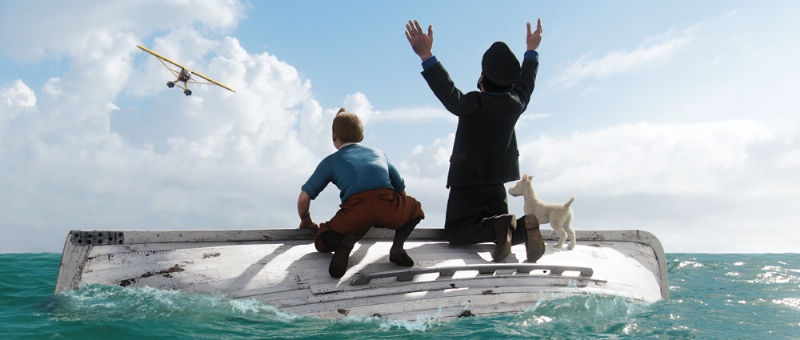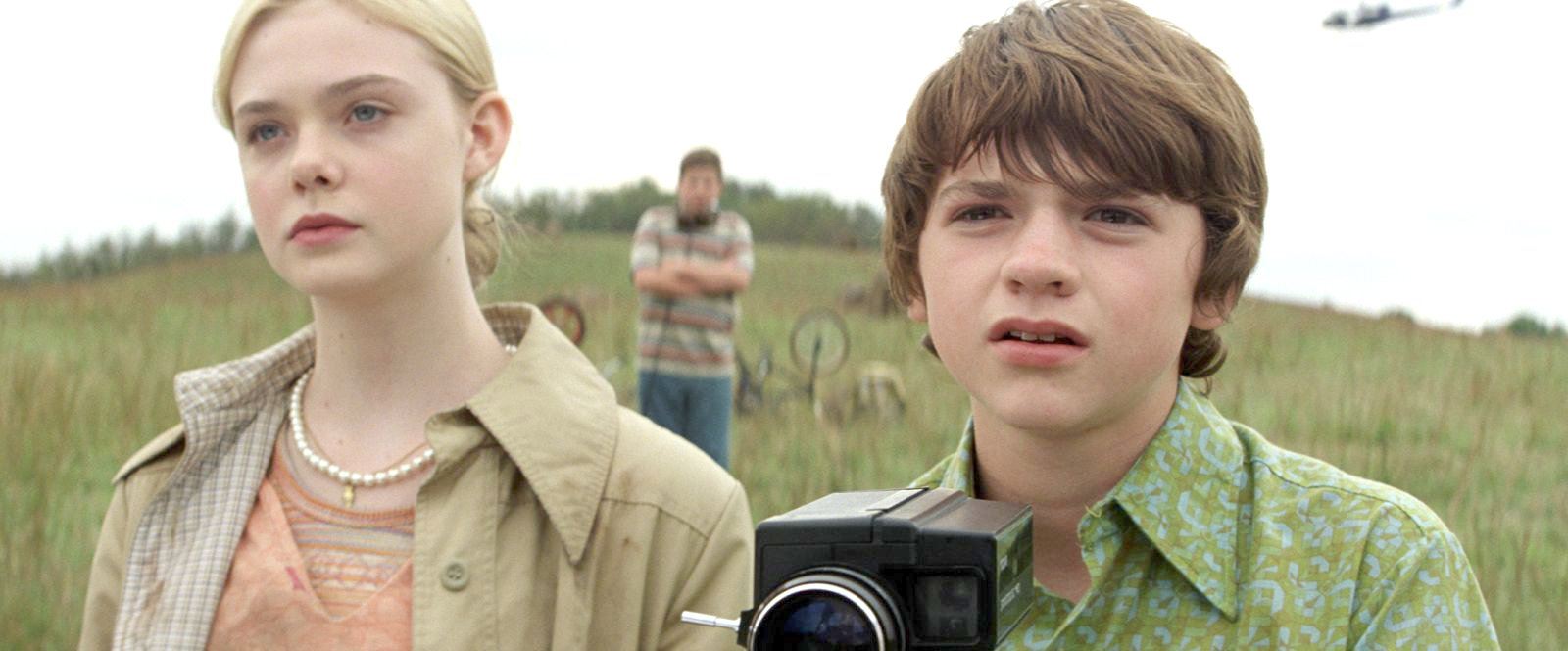
Next up in the movie backlog:
JJ Abrams’ promising but ulitimately hollow Super 8. As former
House Next Door host Matt Zoller Seitz (whose video essays I mentioned in my
Tree of Life review) aptly
summed up this film on Twitter: “
SUPER 8 is to [Steven] Spielberg as Todd Haynes’ FAR FROM HEAVEN is to Douglas Sirk.” That’s true up to a point. But, inasmuch as Haynes’ film paid loving homage to
Sirkian melodramas of the 1950’s, it was also a meta-comment on them, using their conventions to illustrate what the original movies obscured, and how tastes and mores have changed from then to now.
Super 8 on the other hand, is basically just Spielbergian because…well, because it can be.
Abrams — who, FWIW, I run hot and cold on; I disliked Mission: Impossible III and loathed Cloverfield (which he produced), but thought Star Trek was good summer fun — has slavishly mimicked the Beard’s early aesthetic here: the overlapping, naturalistic conversations; the group of young kids on a grand adventure; the missing and/or untrusting parents; the visitor from another world; the ubiquitous Close Encounters-style lens flares; the long, anticipatory build-up of Jaws and Jurassic Park; the suburban milieu and untrustworthy government officials of ET. And it’s all glued together and coated thick with hefty dollops of industrial strength, 80’s grade, early-Spielberg schmaltz.
But, to what effect, really? The wallowing in Spielberg nostalgia is a neat gimmick for awhile, but the longer it drags on, the more it ends up feeling like a film school exercise. And, while the kids at the heart of the story are likable enough — especially Joel Courtney as our young hero and Elle Fanning as his #1 crush — the throwback style just can’t sustain the movie on its own, especially as the story falls apart in the second and third acts. And so by the end Super 8 ends up being a lot like cotton candy: It seems like a good idea at the time, but once you pull away all the wry nods to (and direct lifts from) Spielberg’s oeuvre, there’s no there there, and you’re left with just the lingering, sickly aftertaste of saccharine.
To its credit, Super 8 begins quite promisingly, with one of the more economical introductions I can remember: We see an industrial worker rolling the counter on a workplace safety sign, which reflects the numbers of days since the last fatal accident, back to 1. Clearly, something terrible has happened, and just as clearly, the widower after the accident — police deputy Jackson Lamb (Kyle Chandler of Friday Night Lights) — thinks a local yokel named Louis Dainard (Ron Eldard) is at fault. Like Lamb’s son Joe (Courtney), we see Lamb summarily escort Dainard out of the wake, cuff him, and throw him in the back of his cruiser, for reasons left unexplained until later in the film.
Cut to six months later, the deputy’s still grieving in his own way — i.e., by being a gruff and distant workaholic — and young Joe’s trying to get on with his life by helping his friends finish their Super 8 zombie movie. So one night, Joe and his friends are filming their Romero homage down by the train station, in order to garner some “production values” (not a phrase one usually associates with George Romero), and they get more than they bargained for. Much more, in fact: An epic (too epic, really — it’s like watching Looney Tunes) train derailment that they soon discover was perpetrated by none other than Mayor Royce their biology teacher. Why would he do such a thing? Therein lies the riddle…
Soon enough, things get stranger: The Air Force shows up and takes over the town, ostensibly to clean up the debris from the train wreck — which seems to consist mostly of strange metal cubes. Power outages become frequent, cars lose their engines, and all the dogs around simultaneously decide to get the heck out of Dodge. Even more frightening, townsfolk start disappearing at night, usually under violent circumstances. And even as the kids try to get to the bottom of it all, they’re hamstrung by the persistent antipathy between Deputy Lamb and Mr. Dainard that we witnessed in the opening moments. Because, when there’s a monster from outer space on the loose, there’s nothing more compelling than watching parents put up arbitrary roadblocks for the characters, for purely petulant reasons.
That may be a bit unfair, but that, unfortunately, is what Super 8 devolves into. The first hour or so of build-up shows quite a bit of promise story-wise, but it ends up being derailed in the middle by Abrams stopping everything to lay on more Spielbergian schmaltz. At one point, one of the kids explains — in reference to their zombie flick — that it’s the characters you should care about in movie-making, not the circumstances. Maybe so, but, as I said of Steven Soderbergh’s Solaris back in the day: “‘Look, I know it’s weird to see your dead wife again and all, but there’s an alien intelligence trying to communicate with you outside the ship.” Super 8 makes the same mistake — it keeps putting everything on hold so these characters, who are mostly two-dimensional Spielberg composites and not-particularly interesting on their own terms — can work out their family and/or trust issues.
The schmaltziness is really the movie-killer here: To wedge in growth moments for its boring characters, the film starts taking some odd turns that don’t make much sense in terms of the story. (Why does the deputy hook up with his nemesis to find the kids? Why not, say, the director’s parents?) And this problem is complicated by the fact that Super 8 can’t seem to decide which Spielberg movie it wants to rip off the most, so it ends up going with all of them. At various points the monster acts like Jaws (the first hour), the Jurassic Park T-Rex (for which a random bus attack is shoehorned in) and ET (the end.)
Once it becomes abundantly clear this last personality will take hold at some point — for me, it was right when the creature steals Elle Fanning — the movie loses all sense of dramatic urgency, and is revealed for what it mostly is: A well-made but uninspired tribute reel to the Spielbergiana of old. In effect, Super 8 is exactly like the movie shown during the final credits (one of the best scenes in the film), except with higher production values, much more manipulative savvy, and, sadly, much less in the way of real heart.
